smart #1 VS Toyota Proace City – Specs, Efficiency & Price Comparison
Which model is the better choice – the smart #1 or the Toyota Proace City? We compare performance (428 HP vs 136 HP), boot capacity (323 L vs 912 L), efficiency (16.80 kWh vs 18.10 kWh5.30 L), and of course, the price (30000 £ vs 21300 £).
Find out now which car fits your needs better!
The smart #1 (SUV) is powered by a Electric engine and comes with a Automatic transmission. In comparison, the Toyota Proace City (High Roof Estate) features a Petrol, Diesel or Electric engine and a Manuel or Automatic gearbox.
When it comes to boot capacity, the smart #1 offers 323 L, while the Toyota Proace City provides 912 L – depending on what matters most to you. If you’re looking for more power, you’ll need to decide whether the 428 HP of the smart #1 or the 136 HP of the Toyota Proace City suits your needs better.
There are also differences in efficiency: 16.80 kWh vs 18.10 kWh5.30 L. In terms of price, the smart #1 starts at 30000 £, while the Toyota Proace City is available from 21300 £.
Compare all the key specs now and find out which model fits your lifestyle best!
smart #1
The smart #1 marks a significant evolution in design philosophy, merging urban practicality with modern aesthetics. Its compact size belies a spacious interior, crafted to offer a comfortable and connected driving experience. With its focus on eco-friendly motoring, the smart #1 is set to charm city dwellers seeking both efficiency and style.
details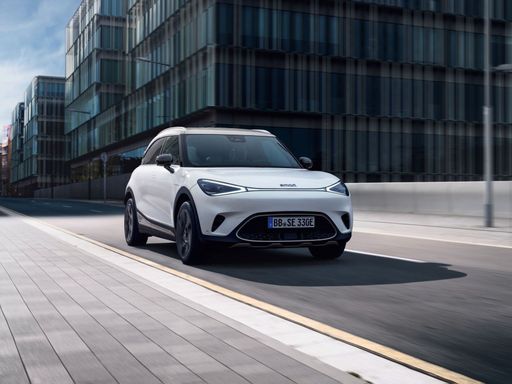 @ Smart Deutschland
@ Smart Deutschland
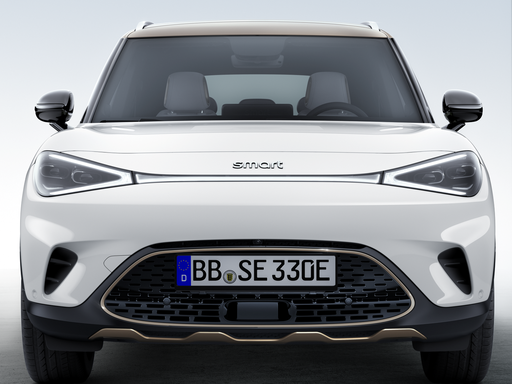 @ Smart Deutschland
@ Smart Deutschland
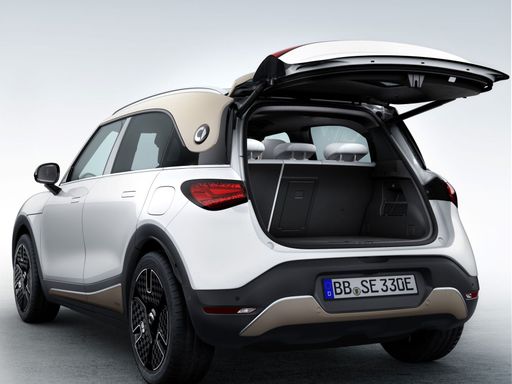 @ Smart Deutschland
@ Smart Deutschland
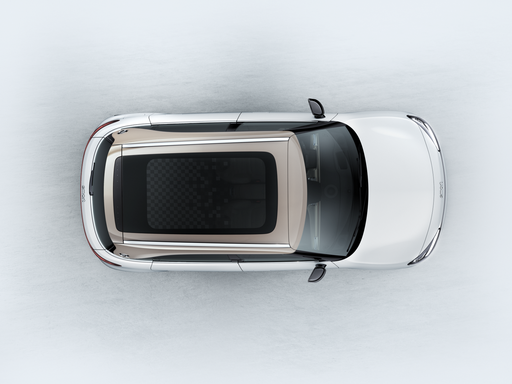 @ Smart Deutschland
@ Smart Deutschland
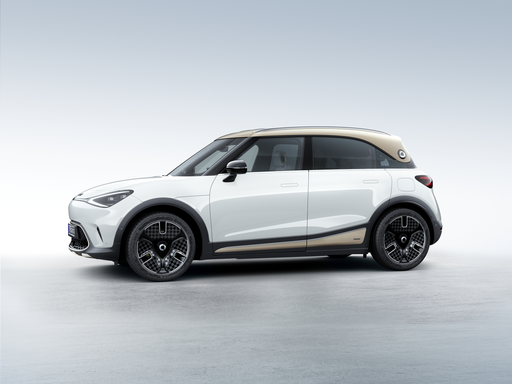 @ Smart Deutschland
@ Smart Deutschland
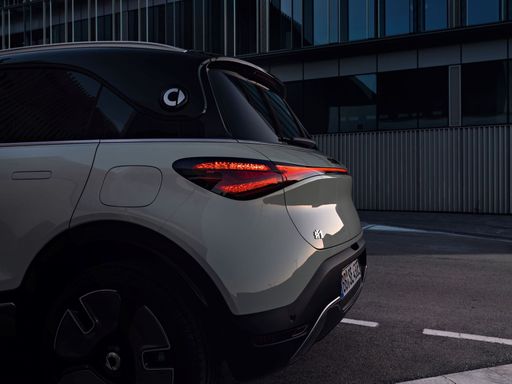 @ Smart Deutschland
@ Smart Deutschland
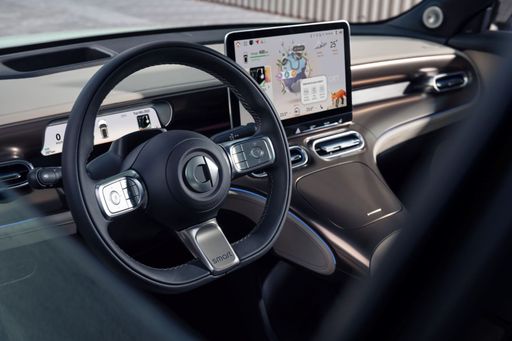 @ Smart Deutschland
@ Smart Deutschland
Toyota Proace City
The Toyota Proace City High Roof Combi is designed to seamlessly blend practicality with comfort, making it an ideal choice for families and businesses alike. Its versatile interior allows for flexible seating and cargo arrangements, catering to a variety of transport needs. Equipped with modern technology and advanced safety features, this vehicle ensures a reliable and secure driving experience.
details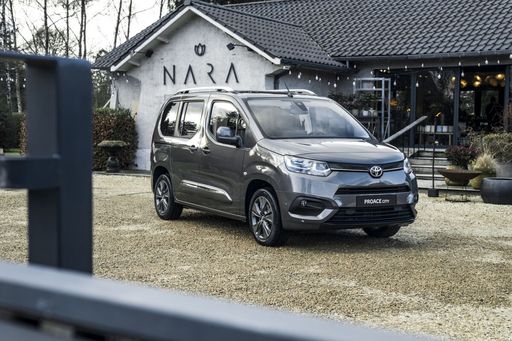 @ Toyota Deutschland
@ Toyota Deutschland
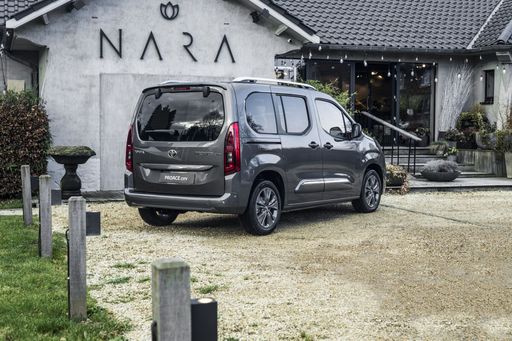 @ Toyota Deutschland
@ Toyota Deutschland
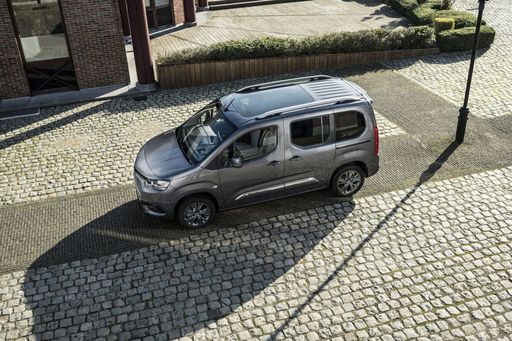 @ Toyota Deutschland
@ Toyota Deutschland
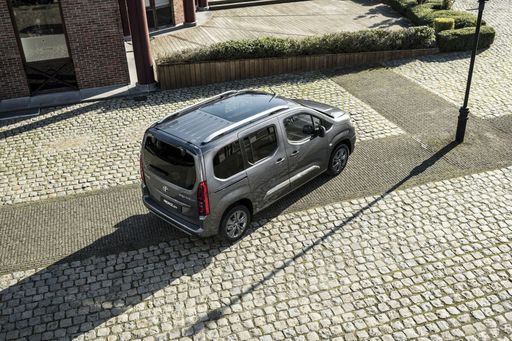 @ Toyota Deutschland
@ Toyota Deutschland
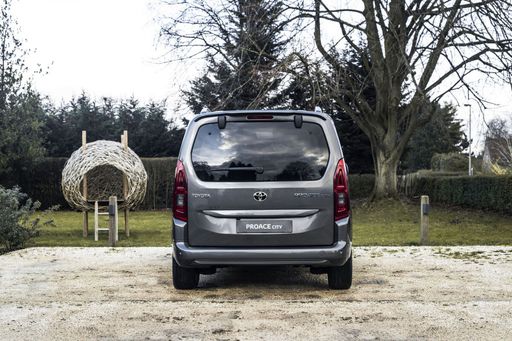 @ Toyota Deutschland
@ Toyota Deutschland
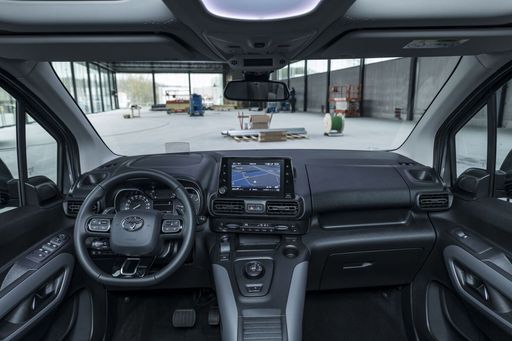 @ Toyota Deutschland
@ Toyota Deutschland

|

|
|
|
|
Costs and Consumption |
|
|---|---|
|
Price
30000 - 42000 £
|
Price
21300 - 43900 £
|
|
Consumption L/100km
-
|
Consumption L/100km
5.3 - 6.3 L
|
|
Consumption kWh/100km
16.8 - 18.2 kWh
|
Consumption kWh/100km
18.1 - 19.4 kWh
|
|
Electric Range
310 - 440 km
|
Electric Range
284 - 343 km
|
|
Battery Capacity
47 - 62 kWh
|
Battery Capacity
-
|
|
co2
0 g/km
|
co2
0 - 146 g/km
|
|
Fuel tank capacity
-
|
Fuel tank capacity
50 - 61 L
|
Dimensions and Body |
|
|---|---|
|
Body Type
SUV
|
Body Type
High Roof Estate
|
|
Seats
5
|
Seats
5 - 7
|
|
Doors
5
|
Doors
4 - 5
|
|
Curb weight
1780 - 1900 kg
|
Curb weight
1366 - 1664 kg
|
|
Trunk capacity
313 - 323 L
|
Trunk capacity
322 - 912 L
|
|
Length
4270 - 4300 mm
|
Length
4401 - 4751 mm
|
|
Width
1822 mm
|
Width
1848 mm
|
|
Height
1636 mm
|
Height
1812 - 1818 mm
|
|
Payload
425 - 470 kg
|
Payload
525 - 869 kg
|
Engine and Performance |
|
|---|---|
|
Engine Type
Electric
|
Engine Type
Petrol, Diesel, Electric
|
|
Transmission
Automatic
|
Transmission
Manuel, Automatic
|
|
Transmission Detail
Reduction Gearbox
|
Transmission Detail
Manual Gearbox, Automatic Gearbox, Reduction Gearbox
|
|
Drive Type
Rear-Wheel Drive, All-Wheel Drive
|
Drive Type
Front-Wheel Drive
|
|
Power HP
272 - 428 HP
|
Power HP
102 - 136 HP
|
|
Acceleration 0-100km/h
3.9 - 6.7 s
|
Acceleration 0-100km/h
11.5 - 13.2 s
|
|
Max Speed
180 km/h
|
Max Speed
135 - 186 km/h
|
|
Torque
343 - 584 Nm
|
Torque
205 - 300 Nm
|
|
Number of Cylinders
-
|
Number of Cylinders
3 - 4
|
|
Power kW
200 - 315 kW
|
Power kW
75 - 100 kW
|
|
Engine capacity
-
|
Engine capacity
1199 - 1499 cm3
|
General |
|
|---|---|
|
Model Year
2023 - 2024
|
Model Year
2024 - 2025
|
|
CO2 Efficiency Class
A
|
CO2 Efficiency Class
E, A
|
|
Brand
smart
|
Brand
Toyota
|
smart #1
The New Era of Urban Mobility
The smart #1 emerges as a beacon of innovation and efficiency in the realm of electric vehicles. Positioned as an SUV, it seamlessly blends compact dimensions with the spaciousness and practicality that city drivers crave. Whether you're navigating bustling streets or planning longer journeys, the smart #1 is designed to cater to modern urban lifestyles.
Impressive Range and Efficiency
At the heart of the smart #1 lies its impressive range, with electric capabilities extending between 310 and 440 km, depending on the model. The efficiency of the vehicle is underscored by its electric consumption, which spans from 16.8 to 18.2 kWh/100 km. This ensures that drivers can enjoy longer trips without worrying about frequent recharges, all while maintaining an eco-friendly footprint.
Powerful Performance
The smart #1 offers a powerful driving experience, with options ranging from a rear-wheel drive boasting 272 PS to an all-wheel-drive variant pushing an exhilarating 428 PS. Acceleration is a highlight, with the most powerful model achieving 0-100 km/h in just 3.9 seconds. This performance is complemented by a smooth and responsive automatic transmission, ensuring a pleasurable driving experience.
Luxury Meets Sustainability
With seating for five, the smart #1 caters to families and urban adventurers alike. Its interior design emphasises luxury and sustainability, offering a premium feel with environmentally conscious materials. Whether you choose the Pro, Pure, or the sporty Brabus edition, each trim level provides a unique blend of features designed to enhance both comfort and driving pleasure.
Advanced Technology
Innovation is at the forefront of the smart #1, with advanced technology integrated into every aspect of the vehicle. The model year 2023 - 2024 line-up includes the latest in battery technology, featuring capacities from 47 to 62 kWh. Each version ensures optimum performance and reliability, keeping the driver connected and informed through intuitive in-car systems.
Uncompromised Safety
Safety and efficiency are paramount, as demonstrated by the smart #1's commitment to a CO2 efficiency class of A with zero emissions (0 g/km CO2), making it a leader in sustainable urban transport. Its lightweight design, weighing between 1780 and 1900 kg, and robust safety features ensure each journey is as secure as it is efficient.
Conclusion
The smart #1 represents a sophisticated blend of performance, sustainability, and technological innovation. As it stands at the cutting edge of electric vehicle technology, it redefines what drivers can expect from a modern SUV—merging style, functionality, and eco-conscious engineering into one exceptional package.
Toyota Proace City
The Versatile Toyota Proace City: A Gamechanger in the Van Segment
In the bustling world of automotive innovations, the Toyota Proace City stands out as a versatile, high-roof van that combines practicality with cutting-edge technology. Designed to cater to the needs of businesses and families alike, the Proace City makes a compelling case for itself with various powertrain options, impressive load capacity, and modern amenities. Let’s dive into the technical details and innovations that make this model a standout choice.
Powertrain Variety: Meeting Diverse Needs
The Toyota Proace City offers a diverse range of powertrains to meet different driving needs and preferences. Whether you're looking for the traditional power of internal combustion engines or the modern efficiency of electric propulsion, the Proace City has got you covered. The petrol options include a 1.2 Turbo engine, producing 110 PS with a consumption rate of 6.3 L/100km. For diesel enthusiasts, a robust 1.5 D-4D Diesel engine is available, offering power outputs up to 130 PS and a consumption as low as 5.3 L/100km. Moreover, the electric versions pack a 50 kWh battery that delivers 136 PS with an efficient consumption rate of 19.4 kWh/100km, providing an impressive range of up to 284 km.
Technological Advancements and Efficiency
Innovation in the Toyota Proace City extends beyond its engines. It boasts an impressive array of technologies aimed at enhancing efficiency and safety. The CO2 efficiency classes range from A to E depending on the model, with emissions that meet Euro 6 standards, reflecting Toyota’s commitment to sustainability. The integration of various automatic and manual transmission options provides drivers with flexibility and control, ensuring a smooth and efficient driving experience.
Comfort and Practicality: Inside the Proace City
Step inside the Toyota Proace City, and you are greeted with a spacious and well-appointed interior. Depending on the configuration, the van offers seating for five to seven passengers, making it ideal for both family use and commercial applications. The boot capacity ranges from 322 to 912 litres, ensuring ample space for all your cargo needs. With maximum payloads of up to 869 kg, the Proace City is designed to handle heavy-duty tasks without compromising on passenger comfort.
A Design for Every Purpose
The Toyota Proace City spans a length between 4401 mm and 4751 mm, providing a substantial yet manageable vehicle size. The consistent width of 1848 mm and height reaching up to 1818 mm offer a solid road presence while ensuring maneuverability in urban settings. The notable variant selection includes designations like Club, Comfort, Flow, and Team Deutschland, each with optional automatic configurations to match different lifestyle and business demands.
Affordability and Operational Costs
With a starting price range from €24,835 to €51,245, the Toyota Proace City provides an accessible entry into the segment of high-roof vans. Its economical efficiency extends to operational costs, with monthly expenses ranging from €1,071 to €1,181, showcasing financial viability for both private owners and fleet operators alike.
Conclusion
The Toyota Proace City stands as a formidable contender in the van market, offering a blend of flexibility, efficiency, and modern technology. Its range of powertrains, spacious interior, and low operating costs make it a practical choice for anyone from urban professionals to family adventurers. Whether it's for work or leisure, the Proace City proves that a utility vehicle can be both functional and sophisticated.
The prices and data displayed are estimates based on German list prices and may vary by country. This information is not legally binding.
